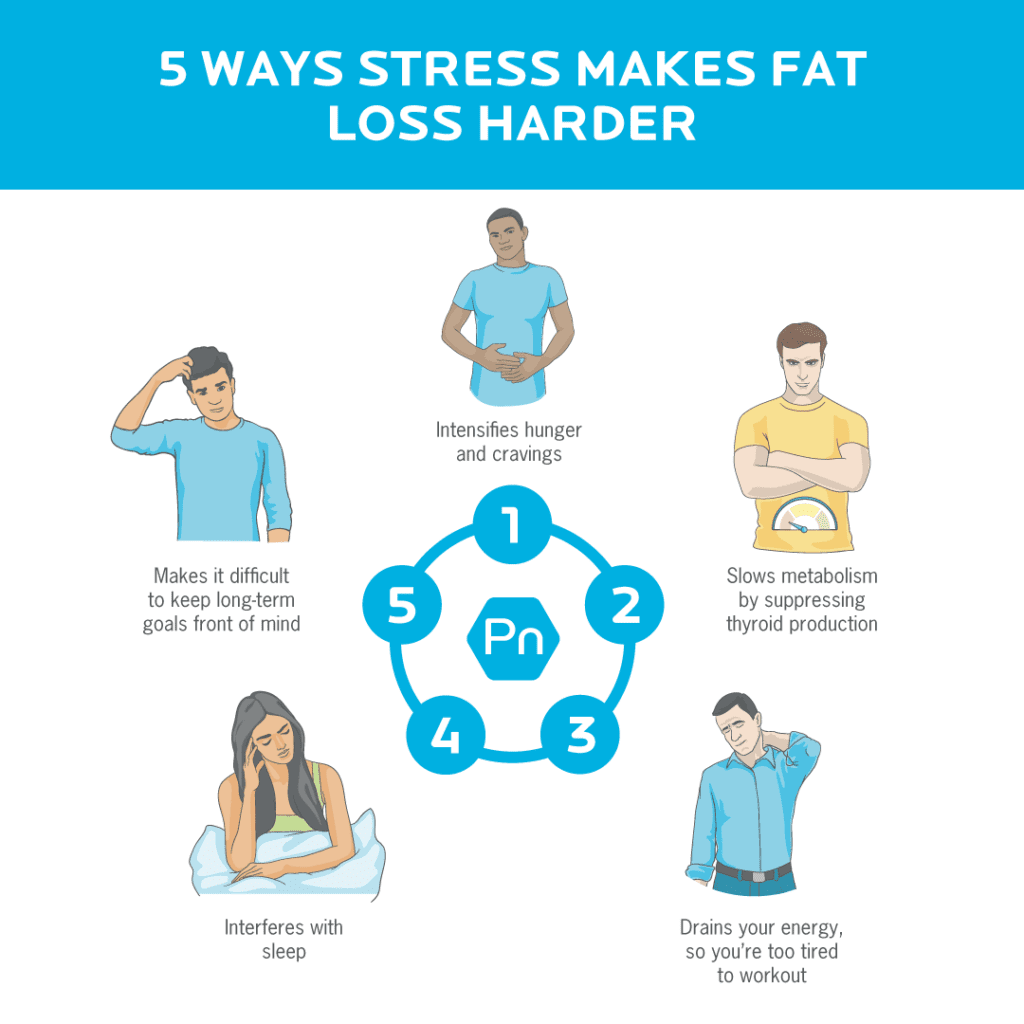
1: Stress impacts weight loss by increasing cortisol levels, leading to fat storage.
2: Stress management techniques like mindfulness and meditation help reduce cortisol levels.
3: Exercise can reduce stress and aid in weight loss by releasing endorphins.
4: Adequate sleep is crucial in managing stress and promoting fat loss.
5: Nutrition plays a key role, as stress can lead to emotional eating and poor food choices.
6: Stress management also improves metabolism and digestion, aiding in fat loss.
7: Chronic stress can hinder weight loss goals by slowing down the body's processes.
8: Balancing stress levels is essential for overall health and successful fat loss.
9: Prioritize self-care practices to manage stress, boost weight loss efforts, and improve well-being.
Read More